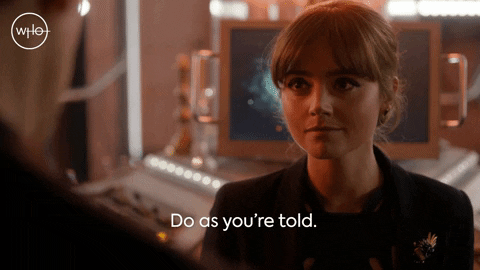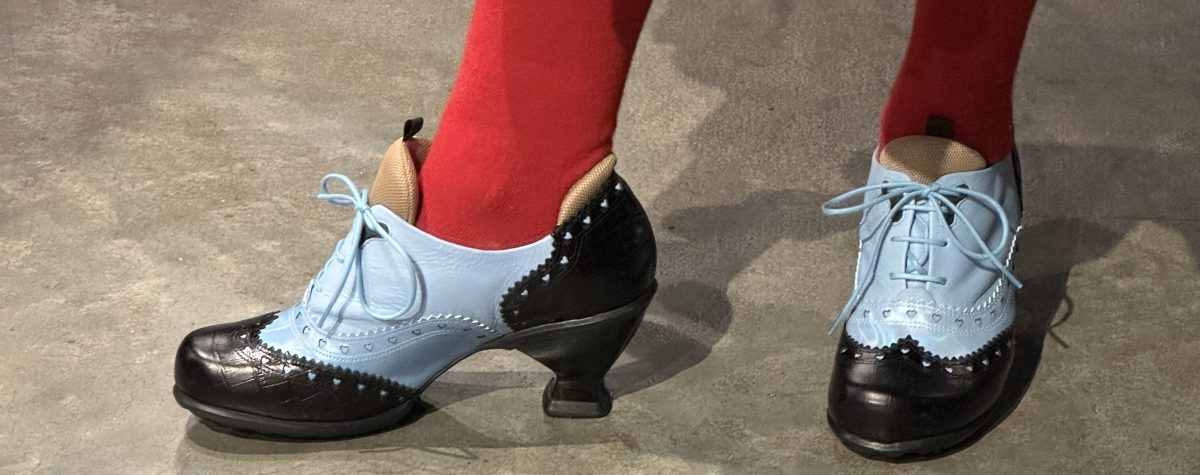Well, it looks as if the Minister of National Defence has finally grown a pair and is stripping the Canadian Armed Forces of its ability to investigate and prosecute sexual offences.
This is great news.
But it should go much further. The CFNIS and the base military police MUST be prohibited from investigating any crime on base in which civilians are the victims. This would officially remove both domestic child abuse and domestic spousal abuse from the purview of the Canadian Forces military police group.
Sadly it’s too late for the kids of CFB Namao to receive justice.
The settlement from the class action will be the only acknowledgement that we will ever receive.
There will be no admissions of guilt.
There will be no prosecution.
There will be no admission that the military justice system outright failed us.
There will be no investigations to see how extensive child sexual abuse was on the bases in Canada and how often these matters were mishandled by the military justice system.
In my matter the police force investigating this matter was guided by all sorts of wishy-washy policies enacted by the various National Defence Acts.
And none of these policies dealt directly with child sexual abuse.
For example in 1998 the Canadian Forces Provost Marshal put order CFPM 2120-4-0 into effect that stated that in the matters of sexual assault that occur on base when both the victim and the abuser are civilians, the matter is to be handed over to the outside civilian authorities having jurisdiction.
One military dependent sexually abusing other military dependents would be a perfect trigger for this order.
That policy was outright ignored by the CFNIS in March of 2011, and it was ignored by the Federal Court of Canada in 2013.
Yes, CFPM 2120-4-0 instructed the military police and the CFNIS that matters involving civilian on civilian crimes and sexual assaults involving civilians be handed off to the outside civilian authorities, but as the CFPM 2120-4-0 wasn’t hard written into the National Defence Act according to the Federal Court, the Provost Marshal in 2011 was free to ignore this directive at will.
The Provost Marshal and the Canadian Forces National Investigation Service can whine and cry and protest all they want.
They fucked up.
Yes, they may have had no choice in the matter, but they fucked up nonetheless.
In 1980 the military police were not allowed by the chain of command to call in the Royal Canadian Mounted Police to deal with the babysitter.
Why didn’t the base commander allowed the RCMP to be called in? Remember, the Canadian Forces moved heaven and earth to keep this investigation and prosecution within the military justice system and out of the prying eyes of the Canadian public, even going so far as to move the court martial “in-camera” and sealing the transcripts. The military would have lost all of this power had the babysitter been investigated, arrested, and then prosecuted in the Juvenile Delinquents Court. One peculiarity of the Juvenile Delinquents Act was the fact that the juvie court could find an adult responsible for the delinquency of a minor and issue summary fines and sentences. All of the work that the Canadian Forces undertook in 1980 to keep Captain McRae a secret would have been all for naught if the babysitter went to juvie court.
In 2011 the CFNIS had the 1980 CFSIU investigation paperwork and the court martial transcripts, both of which heavily implicated the babysitter with the abuse of numerous children on the base. In fact as Fred Cunningham stated in 2011, and as the babysitter’s own father stated to me in 2015, it was the babysitter’s abuse of children that triggered the investigation of Captain Father Angus McRae.
Yes, the existence of the paperwork wouldn’t have proved the babysitter’s guilt, but the fact that he had been investigated by the military police and was found to have been sexually abusing children during the exact same time period that I accused the babysitter of molesting me and my brother would have probably encouraged the crown to request a more in depth investigation.
Remember, it wasn’t that the babysitter had been cleared during the military police investigation, or that the charges had been dismissed against the babysitter , the chain of command on Canadian Forces Base Namao prevented both the base military police and the CFSIU from calling in the Royal Canadian Mounted Police to deal with the babysitter.
And yes, when I requested in 2017 that the CFNIS question the former base commander of CFB Namao, retired brigadier general Daniel Edward Munro, as to why he dismissed the majority of charges against Captain McRae and why he wouldn’t allow the RCMP to be brought in to deal with the babysitter, the CFNIS obtained a legal opinion from a legal officer in Ottawa that stated that due to the 3-year-time-bar that existed prior to 1998 no charges could be brought against Daniel Edward Munro so therefore no investigation was to occur.
However the CFNIS failed to pass any of this information on the Albert Crown prosecutor’s office. In fact the CFNIS seemed to have withheld numerous bits of information from the Crown.
This was a tactic that the military police employed in the ’90s during the CFB Gagetown Rape Controversy in which a military spouse was gang raped by numerous soldiers in a barracks on the base. The general consensus was that the military police would give a case to the crown that the military police knew the crown would not prosecute. The military police would then blame the crown for the failure to bring charges.
During the 2012 MPCC investigation of my complaint against the CFNIS, the Provost Marshall willingly withheld the existence of the CFSIU paperwork and the court martial transcripts from the MPCC. In fact the Provost Marshal withheld numerous documents from the MPCC.
Federal Court rules state that an applicant for judicial review cannot enter into evidence any documents that were not before the tribunal in question.
This means that I was unable to enter into evidence anything that the Provost Marshal hadn’t given to the MPCC. Which was a lot. If I had to guess, I’d say that the Provost Marshal withheld from the Military Police Complaints Commission over 80% of the documents from the 2011 investigation.
Even though the 2nd CFNIS investigation was conducted much better as an inspector with the RCMP had set down some ground rules and directions for the CFNIS to follow, in the end the CFNIS basically resubmitted the same brief word for word to the Alberta crown that the CFNIS submitted in 2011. The second time around that CFNIS again failed to notify the crown of the existence of the 1980 CFSIU investigation paperwork or the 1980 court martial transcripts that indicated that the babysitter was known to have molested numerous children on the base during the same frame of time that I had made my allegations against him.
And I know that the exact same brief was filed because when I filed for judicial review in 2013 I was given a certified copy of the documents before the MPCC. In 2019 when I appealed the findings of the Alberta Victims of Crime decision that no crime had occurred based upon the CFNIS investigation, I was given a certified copy of the documents before the Alberta Victims of Crime. This included the 2018 submission to the Alberta Crown. It was identical to the 2011 submission.
See, the problem with the military police is that they are soldiers first and police officers second.
The investigators with the CFNIS must obey the lawful commands of their superiors. Their superiors must obey the lawful commands of their superiors. And so on, and so on.

This means that investigations conducted by the CFNIS can be exposed to political interference.
Children who were sexually abused on military bases in Canada were of absolutely no concern to the brass at NDHQ. And the brass at NDHQ was certainly not going to allow a bunch of base brats sully the public image of the Canadian Armed Forces.
What would the public think if they discovered that children were not entirely safe while living on allegedly secure defence establishments?
What would the public think if the public were to be told that children who lived on bases in Canada prior to 1998 and who were sexually abused by members of the Canadian Forces could not obtain justice due to the existence of the 3-year-time-bar?
What would the public think if the public were to be told that due to the principles of “double jeopardy” military service personnel who sexually abused children on base prior to 1998, and who had their charges dismissed by their commanding officer, could never be tried again on the same charges by either a civilian or military tribunal. I would like to think that the Canadian public would blow a collective gasket if they were to discover that these commanding officers that had the power to dismiss and charge brought against their subordinate had no legal training, no legal background, and prior to 1997 didn’t even have to consult with a legal officer before dismissing charges.
And what would the public think if they discovered that the likelihood of charges being brought against an abuser in the pre-1998 days had a lot to do with the rank of the victim’s serving parent versus the rank of the abuser and ultimately the rank of the abuser’s commanding officer.
A corporal’s demand that charges be brought against a captain when the captain’s commanding officer is a colonel isn’t going to go too far. Especially not when that commanding officer is the base commander and had the ultimate authority over everyone on that particular defence establishment. This would include the corporal, the corporal’s commanding officer, the base military police, and the Canadian Forces Special Investigations Unit detachment located on the colonel’s base.
Anyways, enough for now…….


Hopefully your issues are solved and good Luck are you still considering medically assisted death I know this non sense government delay for 3 more years. Have you looked into Switzerland and do you have any idea where I can get information, it will be great to be done as a team. I too I want to end my life I do not want to live past 60 Years old, I am rehearsing my death that will be the same day as my birthday I already did my obituary and the letter of apology to the first responders
LikeLike
I haven’t abandoned my desire for M.A.i.D.. Not in the least. I still intend to pursue this when it becomes available in Canada. Transitioning is kinda like my “Make-a-wish” wish.
LikeLike